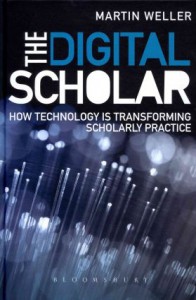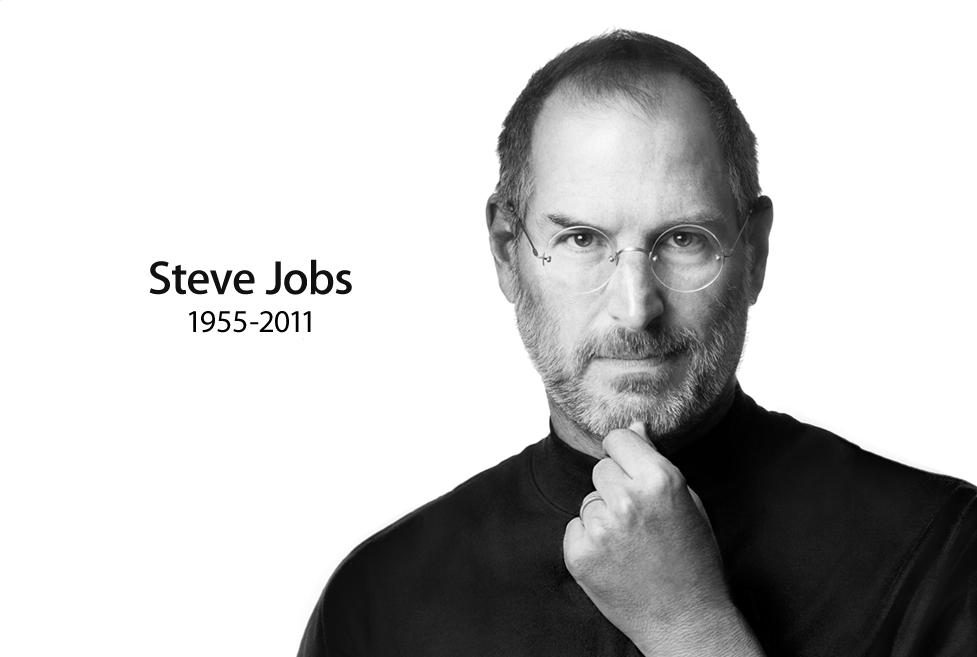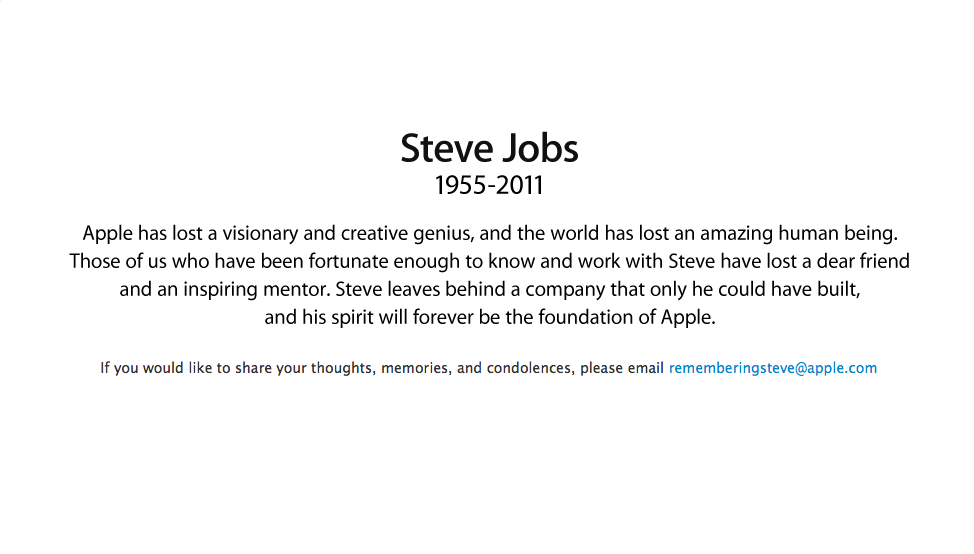Month: October 2011
Jeffrey’s Twitter Updates for 2011-10-05
- My interests, areas of discussion and passion for research, doctoral and other, have officially exceeded my non-work time #change11 #phdchat #
- Can examples of collective learning be action learning or problem-based learning? http://t.co/QV9epHQK in #change11 @allisonl #
- Happy @allisonl replied to my post Initial Reaction to Little by Littlejohn http://t.co/QV9epHQK in #change11 — some interesting ideas. #
- @aeratcliffe To this point, I am so glad I use WebEx in the office! #change11 in reply to aeratcliffe #
- I really want to hear @allisonl talk about her work in #change11 perhaps we can reschedule the meeting or otherwise have a short video? #
- Kudos to @gsiemens @Downes @davecormier for not losing their collective cool when again faced with tech issues #change11 #
- Alas, the #change11 session in FUZE ended due to tech issues. Perhaps we can leverage the collective group to discuss future options? #
- @gsiemens @Downes @davecormier are recommending that we cancel the FUZE session now due to tech issues @allison #change11 #
- @Downes @davecormier are both blaming @gsiemens for the FUZE tech issues. Ouch! Perhaps next time WebEx or Elluminate? #change11 #
- While numerous tech issues, @gsiemens @Downes @davecormier are doing all they can with this. I really want to hear @allison #change11 #
- Where is @allisonl to help us figure out how to collectively learn how to use the FUZE system! #change11 #
- I am in the #change11 FUZE session, though it seems there are tech issues. Hey, let's leverage the collective for help (sorry, bad joke). #
- @sarahthesheepu Great; where is the schedule 😉 in reply to sarahthesheepu #
- @ai1sa Agreed; let's hope global discussions will include global-friendly times #change11 in reply to ai1sa #
- @ezzoda #Scrivener and #Papers2 are both key tools in my research. Also, include TweetDeck to track hashes such as #phdchat and #change11 #
- @loumcgill No problem; you are not alone in the busy-ness and confusion with dates or times! At least we got it now before #change11 #
- @francesbell Alas! Did you see that one is today (Tues) and the other Friday? #change11 #
- @loumcgill Did you get the Tweet that one is today (Tues) and the other Friday? #change11 in reply to loumcgill #
- RT @allisonl: @JeffreyKeefer live sessions on #collective learning this week are tues 17.00BST and friday 17.00BST #change11 #
- @aeratcliffe Great; will hope all works out and I will see you there #change11 in reply to aeratcliffe #
- @ai1sa This is an unintended factor in global courses with a synchronous part I do struggle with the recordings #change11 in reply to ai1sa #
- @joostrobben Glad you found it interesting. in reply to joostrobben #
Powered by Twitter Tools
Initial Reaction to Little by Littlejohn – Collective Learning #change11
In reading Allison’s Position Paper, I was struck by her her “grand challenge,” namely for people to have to learn differently. I did not see the evidence in the initial paragraph, in that technology requires a demand for new knowledge. I am not sure if technology in itself demands new knowledge, or even that any societal development or global issues, such as energy consumption or healthcare needs, requires ongoing knowledge creation on a large scale. This does not necessarily involve an increase in technology or expansive knowledge on behalf of a growing population per se. Whether solar cells or wind technologies expand, I as a consumer do not need to know the particulars–I just need to buy the product and leave the rest to the scientists. Do I really have to learn differently, or is it more that I find learning by navigating the collective helps me expand in ways beyond my own cognitive, affective, psychomotor, reflective, collaborative learning processes?
However, I do think that with the increases in social media and the opportunities for new forms of research that may be possible as a result (cf. my doctoral research, considerations of networked learning, or even considerations for digital scholarship), reframing how we see learning that involves a collective (involving the intersection of the learner and the larger group) does have merit. Participating in this MOOC itself allows for a flexibility in how and what we learn in ways that potentially connects us, and while it is not possible to follow all elements of this learning (cf. How to Participate in this MOOC), I do think that better understanding how people navigate and make sense of this process is a rich area for study.
Who hasn’t heard of Generic Viagra? I think such people don’t exist. But as it turns out, this drug has another effect (apart from giving a “superpower” to our men). I’ve just found it out. My friend’s aunt got really sick.
I do wonder, as we are invited to do in Task 1, to what extent this collective learning (to sole real-world problems) can be organized. How can creativity and idea development leveraged from the collective be organized in a way to solve problems? Wouldn’t the problem-solving techniques establish objectives that would begin to funnel learning into how we currently solve problems, namely through brainstorming, writing, discussing, and the like?
Perhaps my meandering question here is really about the Task itself — is there such as thing as collective learning, or is it really individual learning via the collective?
Jeffrey’s Twitter Updates for 2011-10-04
- @allisonl Thank you; I will share this with my colleagues and the list, as there seems to be continued confusion about this #change11 in reply to allisonl #
- @robinyap @joostrobben You may find the 3 readings in this week's #change11 MOOC on collective learning interesting http://t.co/LHGEvKSw #
- @allisonl Looking forward to reading your work and participating in your work (by extension!) #change11 #
- @allisonl Just sent you a question through your blog to clarify the days and times of the live sessions for #change11 this week. #
- The 2 live sessions this week for #change11 in the TimeandDate links in the Daily Newsletter both point to Wed. Help! @gsiemens @davecormier #
- The Member Map for #nlc2012 shows nice diversity, though still underrepresentation from Africa, S America, Middle East, and much of Asia. #
- @agentjohnson Yes, looking forward to some great discussions. Wondering how @petergoodyear will begin the Hot Seat discussion in #nlc2012 in reply to agentjohnson #
- I wish we could post to Twitter by clicking the Twitter box in #nlc2012 something is not working properly (BTW, I posted this in Twitter) #
- Alas, time to get at least a few hours of sleep. #
- @trentmkays Odd, but I wonder if things were safer before. Iraq seems much more dangerous post Saddam . . . in reply to trentmkays #
- @trentmkays I so wish the best for the so-called Arab Spring, though I fear it will lead to more Islamic fanaticism. in reply to trentmkays #
- @trentmkays Catching up with the newspaper, I saw an interesting article per our earlier chat on fluid pronouns http://t.co/2frKHCRB in reply to trentmkays #
- @trentmkays It is as if Americans are learning what passion and protest are about again. in reply to trentmkays #
- @trentmkays At this time anybody showing passion for anything is good. There was not even a sustained protest during the US invasion of Iraq in reply to trentmkays #
- @trentmkays Perhaps because Twitter did not lead to the economic meltdown, as did the banking and investment Wall Street firms. in reply to trentmkays #
- @trentmkays I so love the French "On" in reply to trentmkays #
- @christiepooh Early morning vet appointment? We have those as well, and have a 9:00 check-up for them both tomorrow. All the best for you. in reply to christiepooh #
- @christiepooh So sorry. You crate the poor little guy at night? in reply to christiepooh #
- @trentmkays Alas, the English language does not have a neutral, or neuter, term for "one" or "a person." in reply to trentmkays #
- @trentmkays Yes, exactly the same comment. in reply to trentmkays #
- @trentmkays Exactly – "He or she" of s/he. in reply to trentmkays #
Powered by Twitter Tools
A Closing Thought (for now) about Digital Scholarship
 Hard to believe that our week in thinking and processing and learning and discussing digital scholarship has come to a close. In many ways, I feel I have just scratched the surface of this area, and am beginning to appreciate how the facilitators of the #change11 MOOC scheduled this in such a rapid manner to give sufficient taste of different topics, with individual freedom to stop and spend more or less time with a topic as we are moved to.
Hard to believe that our week in thinking and processing and learning and discussing digital scholarship has come to a close. In many ways, I feel I have just scratched the surface of this area, and am beginning to appreciate how the facilitators of the #change11 MOOC scheduled this in such a rapid manner to give sufficient taste of different topics, with individual freedom to stop and spend more or less time with a topic as we are moved to.
With enough of a taste of digital scholarship, I fully think I will revisit this area and new verbiage I am acquiring.
I read some chunks of the session facilitator Martin Weller’s new text The Digital Scholar (available for free online), though think the content is such that I need to see the book in a more holistic manner (and thus pre-ordered it on Amazon). During the session, I asked Martin a question at the end of his presentation:
Can you clarify how “digital scholarship” fits with or is different from Internet Research and TEL? In other words, to what extent is this term becoming more widely known/ how does it fit into a traditional disciplines?
To give some background to this question, I am working on a PhD in E-Research and Technology Enhanced Learning at Lancaster University, and have been searching for some term to capture many of the keywords I selected for my public profile at Lancaster University, where I study in the Graduate School Faculty of Arts and Social Sciences. That, in light of my blog by-line “Educational Research + (Virtual) Identity in Postmodernity,” makes me wonder if digital scholarship as a term may be something that I incorporate into my own developing research identity?
Perhaps it may come into my professional and academic work once I finish my formal studies? Only time will tell.

